
NO&T Dispute Resolution Update
NO&T Asia Legal Review
Businesses often enter into multiple contracts with the same or related party under a framework or “umbrella agreement”, such as for the supply of goods and services. Where disputes occur under discrete but related contracts, a key question arises as to which dispute resolution mechanism applies. Uncertainty in this respect can spur parallel proceedings on the same dispute, and challenges in securing the validity and enforcement of judgments or awards.
This issue recently came before the Singapore International Commercial Court (SICC) in Pertamina International Marketing & Distribution Pte Ltd v P-H-O-E-N-I-X Petroleum Philippines, Inc. [2024] SGHC(I) 19 (“Pertamina v Phoenix”). The SICC held that the arbitration clause contained in an MOU applied to individual sale contracts that did not contain any dispute resolution clause but were concluded pursuant to the MOU.
Pertamina and Phoenix executed an MOU, which the parties intended to serve as an “umbrella agreement” for various trading activities in the petroleum market in Southeast Asia. The MOU contained an arbitration clause which provided for SIAC arbitration seated in Singapore. The parties subsequently entered into a series of individual contracts by which Pertamina supplied petroleum products to Phoenix (“Sale Contracts”). The terms of the Sale Contracts were concluded through deal recaps exchanged by email. The Sale Contracts did not contain any arbitration clause or other provision relating to dispute resolution. They also did not contain references to the MOU.
Pertamina commenced SIAC arbitration against Phoenix for outstanding amounts due under the Sale Contracts. Phoenix objected to the tribunal’s jurisdiction but did not participate any further in the arbitration proceedings. The tribunal proceeded to hear the dispute and Pertamina obtained a final award of over USD 140 million in its favour (“Final Award”).
Thereafter, Pertamina obtained a court order permitting enforcement of the Final Award in Singapore. Phoenix applied to set aside the enforcement order, arguing that the disputes under the Sale Contracts did not fall within the scope of the arbitration agreement in the MOU and thus, the Final Award was invalid.
The SICC dismissed Phoenix’s application, finding that the arbitration agreement in the MOU extended to disputes arising from the Sale Contracts. Key aspects of the Court’s reasoning are as follows.
The Court began its analysis with the words used in the arbitration agreement, which provided that “[a]ny dispute arising out of or in connection with this Agreement shall be referred to and finally resolved by arbitration”. The Court held that the words “arising out of and in connection with” are broad and expansive, adopting the approach of the Singapore Court of Appeal in an earlier case where an arbitration clause containing similar language was held to encompass disputes arising under a supplemental agreement that did not itself contain an arbitration clause.
The Court applied the common law presumption that rational business persons intend any dispute arising out of a multi-contract relationship to be decided by one-stop adjudication (known as the “Fiona Trust principle”). The Court accepted that from a commercial standpoint, parties who have already included an arbitration agreement in their framework or umbrella agreement may not see a need to “re-agree” such a term when negotiating ancillary agreements, focusing instead on key commercial or operative elements of the relevant transaction (such as the type and volume of goods, sale price, and delivery date).
On an examination of the factual matrix, the Court was satisfied that the Sale Contracts came into existence pursuant to the parties’ implementation of the commercial activities defined in the MOU. Provisions of the MOU stated that the MOU acts as the “umbrella agreement of multi workstream activities in each operating country”. There was also contemporaneous correspondence in which Phoenix acknowledged the connectedness of the parties’ trade in petroleum products (which were the subject of the Sale Contracts) with the MOU. The Court found that there was nothing in the MOU, the Sale Contracts, or the parties’ conduct to displace the above conclusion.
The SICC in Pertamina v Phoenix took a commercially-minded approach in giving an expansive interpretation of the arbitration agreement under the MOU and applying the Fiona Trust presumption. This is in keeping with the pro-arbitration stance of the Singapore courts.
It is important to note that the factual matrix surrounding the parties’ contractual relationships was central to the Court’s decision, and a different result may be reached in a case involving ancillary contracts that are less closely related to the framework or umbrella agreement.
While the validity of the Final Award was ultimately preserved in this case, the parties had incurred significant time and costs to resolve uncertainties stemming from the absence of an express dispute resolution provision in the Sale Contracts and any reference to the arbitration agreement contained in the MOU.
This case serves as a timely reminder for parties in multi-contract relationships to ensure that their chosen dispute resolution mechanism is clearly incorporated and reflected in individual contracts. Where possible, parties should also consider applying a consistent choice in dispute resolution across related contracts to minimize the risk of parallel proceedings and inconsistent outcomes.
This newsletter is given as general information for reference purposes only and therefore does not constitute our firm’s legal advice. Any opinion stated in this newsletter is a personal view of the author(s) and not our firm’s official view. For any specific matter or legal issue, please do not rely on this newsletter but make sure to consult a legal adviser. We would be delighted to answer your questions, if any.
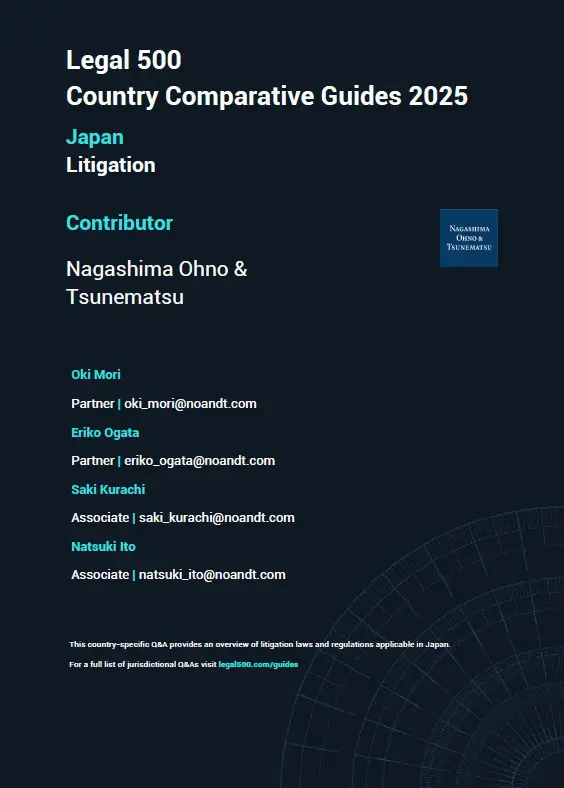

(July 2025)
Oki Mori, Eriko Ogata, Saki Kurachi, Natsuki Ito (Co-author)
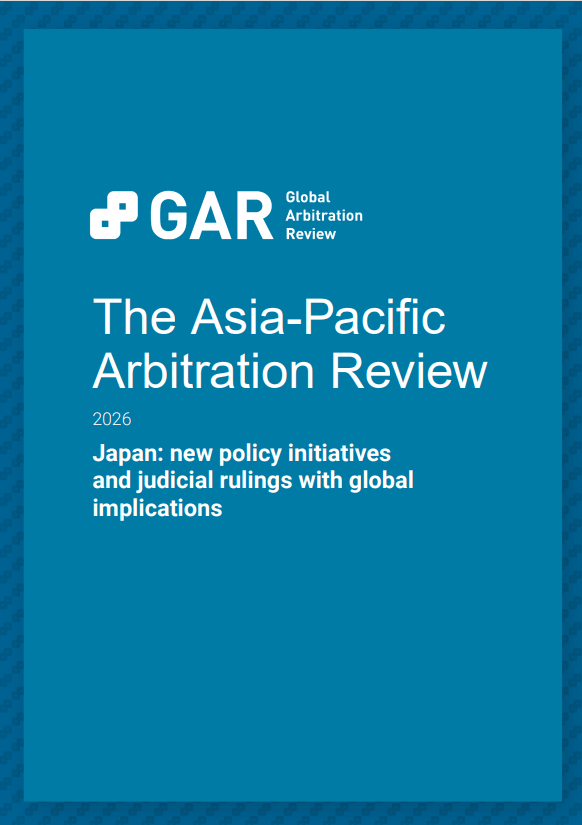

(May 2025)
Yoshimi Ohara, Shota Toda, Annia Hsu (Co-author)


Patricia O. Ko


Hiroki Tajima


(July 2025)
Oki Mori, Eriko Ogata, Saki Kurachi, Natsuki Ito (Co-author)


Patricia O. Ko
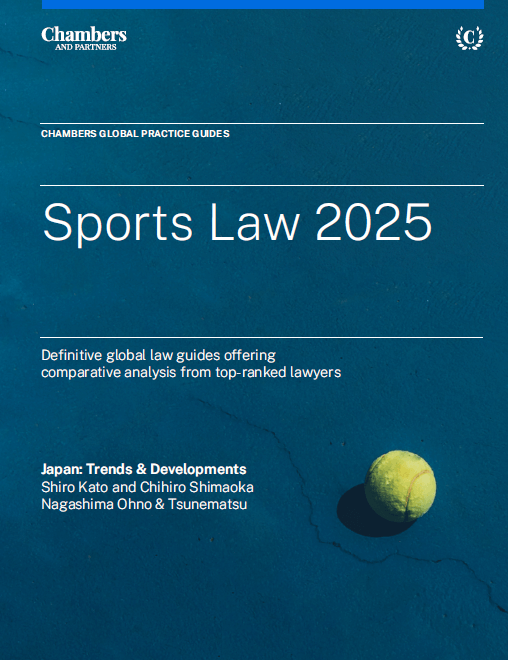

(April 2025)
Shiro Kato, Chihiro Shimaoka (Co-author)
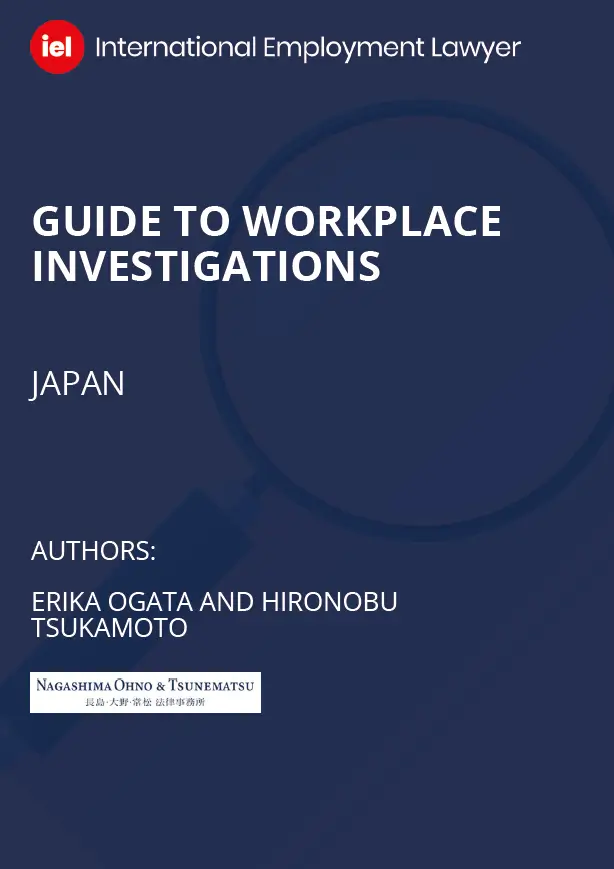

(January 2025)
Hironobu Tsukamoto, Eriko Ogata (Co-author)


(July 2025)
Oki Mori, Eriko Ogata, Saki Kurachi, Natsuki Ito (Co-author)


Patricia O. Ko


Claire Chong, Kennosuke Muro (Co-author)
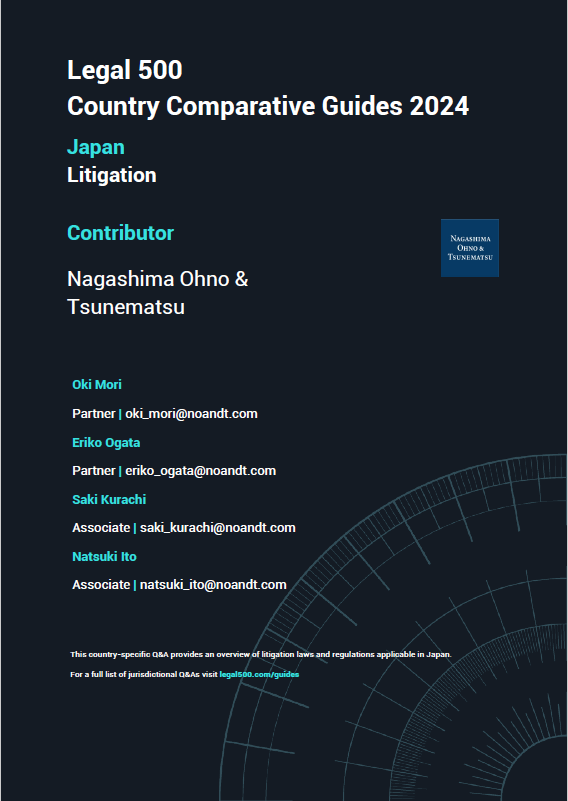

(July 2024)
Oki Mori, Eriko Ogata, Saki Kurachi, Natsuki Ito (Co-author)


(July 2025)
Oki Mori, Eriko Ogata, Saki Kurachi, Natsuki Ito (Co-author)


(February 2025)
Koki Yanagisawa, Hiroyuki Ebisawa (Co-author)


Kara Quek, Kennosuke Muro (Co-author)


Annia Hsu, Kennosuke Muro (Co-author)


Patricia O. Ko


Ngoc Hoang


Yuan Yao Lee


Chattong Sunthorn-opas, Thunsinee Sungmongkol (Co-author)


Patricia O. Ko


Ngoc Hoang


Yuan Yao Lee


Chattong Sunthorn-opas, Thunsinee Sungmongkol (Co-author)


Kara Quek, Kennosuke Muro (Co-author)


Annia Hsu, Kennosuke Muro (Co-author)


Claire Chong, Kennosuke Muro (Co-author)


Bertrice Hsu, Yuji Ibaraki (Co-author)